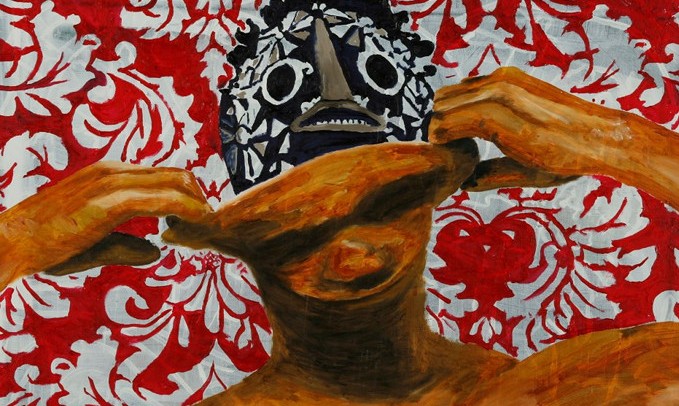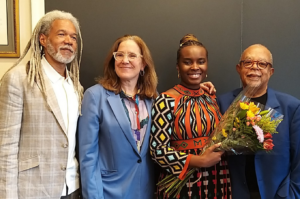Today’s post is about African language. I don’t know how true this is but American essayist, Pamela Haag, writes in a recent post that the Bantu word, “ilunga,” was named the most difficult word to translate in 2004. Wondering what “ilunga” means? See her attempt to translate it below.
“Ilunga (Bantu): A person who is willing to forgive abuse the first time; tolerate it the second time, but never a third time.
Apparently, in 2004, this word won the award as the world’s most difficult to translate. Although at first, I thought it did have a clear phrase equivalent in English: It’s the “three strikes and you’re out” policy. But ilunga conveys a subtler concept, because the feelings are different with each “strike.” The word elegantly conveys the progression toward intolerance, and the different shades of emotion that we feel at each stop along the way.
Ilunga captures what I’ve described as the shade of gray complexity in marriages—Not abusive marriages, but marriages that involve infidelity, for example. We’ve got tolerance, within reason, and we’ve got gradations of tolerance, and for different reasons. And then, we have our limit. The English language to describe this state of limits and tolerance flattens out the complexity into black and white, or binary code. You put up with it, or you don’t. You “stick it out,” or not.
Ilunga restores the gray scale, where many of us at least occasionally find ourselves in relationships, trying to love imperfect people who’ve failed us and whom we ourselves have failed.”
———————————————————————————————————————————–
Read the whole of Haag’s post here. It’s a fascinating piece on relationship words that are difficult to translate.
Image Credit: Nigerian artist, Boloebi Charles










ILUNGA March 05, 2020 06:55
Have you done enough research before writing this article? Have you been with people with this name and who have history of this name? The name is translatable and here is the meaning of Ilunga: Ilunga is a relatively common personal name in the Democratic Republic of the Congo. The name ILUNGA derives from the verb "kulunga", which means to unite, unify, gather or put together. ILUNGA is the name that the BALUBA give to those they consider to be unifying or bringing people together. "Kulunga" opposes the verb "kusansanya", which means to separate or to divide.